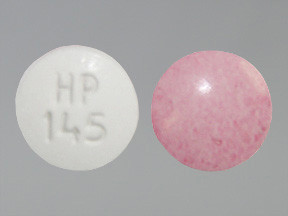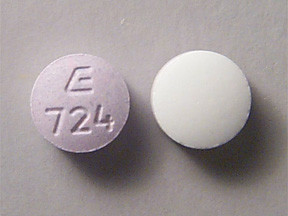CARISOPRODOL/ASPIRIN - ORAL
PHONETIC PRONUNCIATION: (kar-iss-oh-PRO-dole/AS-pir-in)
COMMON BRAND NAME(S): Soma Compound
GENERIC NAME(S): carisoprodol/aspirin
Uses
USES: This product is used short-term to treat muscle pain and discomfort. It is usually used along with rest, physical therapy, and other treatments. Carisoprodol helps to relax the muscles. Aspirin helps to decrease pain and swelling.
How to use CARISOPRODOL/ASPIRIN - ORAL
HOW TO USE: Take this medication by mouth with or without food as directed by your doctor, usually 4 times a day. Take this medication with a full glass of water (8 ounces/240 milliliters) unless your doctor directs you otherwise. Do not lie down for at least 10 minutes after taking this medication. If you have stomach upset while taking this medication, take it with food or milk. The dosage is based on your medical condition and response to treatment. This medication should only be used short-term (for 3 weeks or less) unless directed by your doctor. Do not increase your dose or use this drug more often or for longer than prescribed. Your condition will not improve any faster, and your risk of side effects will increase. Use the smallest effective dose. Pain medications work best if they are used as the first signs of pain occur. If you wait until the symptoms have worsened, the medication may not work as well. This medication may cause withdrawal reactions, especially if it has been used regularly for a long time or in high doses. In such cases, withdrawal symptoms (such as stomach cramps, trouble sleeping, headache, nausea) may occur if you suddenly stop using this medication. To prevent withdrawal reactions, your doctor may reduce your dose gradually. Consult your doctor or pharmacist for more details, and report any withdrawal reactions right away. Though it helps many people, this medication may sometimes cause addiction. This risk may be higher if you have a substance use disorder (such as overuse of or addiction to drugs/alcohol). Take this medication exactly as prescribed to lower the risk of addiction. Ask your doctor or pharmacist for more details. Tell your doctor if your condition persists after 2 to 3 weeks or if it worsens.
Side Effects
Precautions
Interactions
Overdose
Images

- color
- light lavender
- shape
- round
- imprint
- HP 145
Reviews
Faq for CARISOPRODOL/ASPIRIN - ORAL
- Carisoprodol/Aspirin is used to relax the muscles and relieve pain and discomfort caused by strains, sprains, and other muscle injuries.
- Take this medication by mouth as directed by your doctor. Typically, it is taken three times a day, with or without food. Follow the instructions on the prescription label and do not increase or decrease the dosage without consulting your healthcare provider.
- Common side effects may include drowsiness, dizziness, headache, upset stomach, and nausea. Seek medical attention if you experience more serious side effects such as allergic reactions, bleeding, stomach ulcers, or liver problems.
- Carisoprodol, the muscle relaxant component of this combination medication, has the potential for abuse, dependence, and addiction. Long-term use or abuse may lead to withdrawal symptoms upon discontinuation. It is important to only take this medication as prescribed and for the recommended duration.
- It is advisable to avoid alcohol while taking this medication as it may increase the risk of drowsiness, dizziness, and impaired judgment. Alcohol can also exacerbate the side effects of aspirin, such as the risk of stomach bleeding.
- Carisoprodol/Aspirin can interact with a wide range of medications, including blood thinners, antidepressants, sedatives, and certain pain medications. Inform your doctor about all the medications you are currently taking to avoid potential interactions and complications.
- You should not use this medication if you have a history of porphyria or if you are allergic to carisoprodol, aspirin, or any similar medications. It is important to disclose your medical history and any existing conditions to your doctor before starting Carisoprodol/Aspirin.
Disclaimer
IMPORTANT: HOW TO USE THIS INFORMATION: This is a summary and does NOT have all possible information about this product. This information does not assure that this product is safe, effective, or appropriate for you. This information is not individual medical advice and does not substitute for the advice of your health care professional. Always ask your health care professional for complete information about this product and your specific health needs.

No Reviews Yet